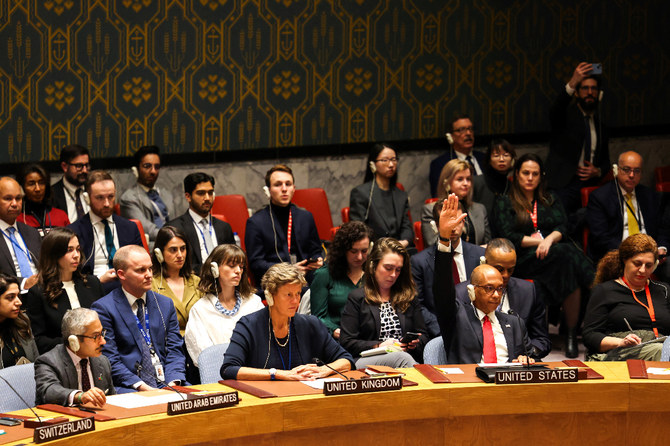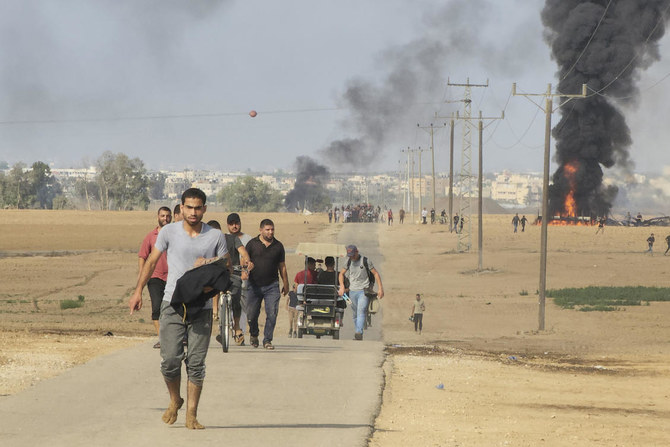In a controversial move that has sparked international debate, the United States exercised its veto power in the UN Security Council on Friday, blocking a resolution that called for an immediate ceasefire in Gaza. The resolution, which received overwhelming support from 13 out of 14 council members, faced strong opposition from the U.S., further deepening the diplomatic rift over the ongoing conflict.
Unprecedented Calls for Ceasefire:
The resolution, submitted by the UAE on behalf of the Arab Group of nations, sought an “immediate humanitarian ceasefire” and the “unconditional release of all hostages, as well as ensuring humanitarian access.” The document expressed grave concern over the dire humanitarian situation in Gaza and emphasized the need to protect civilian populations in accordance with international humanitarian law.
Dramatic Appeal by UN Secretary-General:
Amidst the heightened tensions, UN Secretary-General Antonio Guterres invoked Article 99, an unusual and rarely used provision that grants the secretary-general the power to bring matters threatening international peace and security to the attention of the Security Council. Guterres, echoing the sentiments of the international community, urged for a humanitarian ceasefire to avert a potential catastrophe with irreversible implications for Palestinians and regional peace and security.
Arab-Islamic Ministerial Committee’s Objection:
In a meeting with U.S. Secretary of State Antony Blinken, the Arab-Islamic Ministerial Committee voiced its objection to the U.S. veto. Foreign ministers from Arab and Islamic nations called on the U.S. to fulfill its responsibilities and take measures to pressure Israel into an immediate ceasefire. The committee reiterated its unified rejection of Israeli aggression, emphasizing the urgent need to end hostilities and facilitate the delivery of humanitarian aid.
U.S. Justification and Criticism:
The U.S. justified its veto by asserting that an immediate ceasefire would only serve as a temporary solution, contending that Hamas, the governing authority in Gaza, lacks the desire for a lasting peace. Washington’s stance raised concerns about the potential for future conflicts. The U.S. representative also criticized the Security Council’s failure to condemn Hamas for recent terrorist attacks, including acts of sexual violence.
International Outcry and Guterres’s Warning:
The international community, appalled by the scale of destruction and loss of life in Gaza, expressed disappointment and frustration over the U.S. decision. Guterres warned of a high risk of a total collapse of the humanitarian support system in Gaza, painting a grim picture of the current situation. The UN chief cited extensive damage to essential infrastructure, a staggering number of displaced individuals, and severe shortages of food, water, and medical supplies.
Future Implications:
The U.S. veto has cast a shadow over diplomatic efforts to address the Gaza crisis, deepening divisions within the Security Council. The aftermath of this decision remains uncertain, as global leaders grapple with finding a diplomatic resolution to a conflict that continues to escalate, causing immense human suffering.
As the world watches the unfolding humanitarian crisis in Gaza, the U.S. veto has intensified debates on the role of major powers in mediating conflicts and the effectiveness of international mechanisms in addressing urgent global challenges. The question of whether such decisions contribute to lasting peace or perpetuate cycles of violence remains at the forefront of discussions within the diplomatic community.
















